We Wrote in Symbols: Love and Lust by Arab Women Writers, edited by Selma Dabbagh, Saqi Books, 2021
As an Egyptian, Arab, and Muslim woman, love and lust have largely occupied two separate worlds in my life. While I yearned for the elusive idea of love in my youth and pursued it in relationships, I had also deeply internalized that it had to end in heartbreak; I believed that love, like many ideas, could never be fully comprehended. But lust was different. Lust was an action—an action to avoid and repress, because it leads to sex, and sex is dangerous. When I started reading We Wrote in Symbols: Love and Lust by Arab Women Writers, I thought of my upbringing, of the two separate worlds I have built for love and lust, and the difficulties of reconciling them in my adult life. This anthology, edited by the British-Palestinian writer Selma Dabbagh and published by Saqi books, includes one hundred and one pieces by seventy-five different women from the Middle East and North Africa region, as well as from the diaspora. Most of the pieces are translated from Arabic, many are originally written in English, and the minority are translated from French.
In the book’s introduction, Dabbagh explains that translating works about love and lust is difficult, though we do not learn about the ways in which the various translations could have impacted the anthology. This is especially pertinent in the cases of translations from Arabic to English, which represent the majority of the works in the text; Arabic can be seen as a unifying language, but the subtleties and differences between the dialects dictate different cultural specificities and reflect a stark diversity in both place and community. In other words, unless the place of origin is clear, the readers lose a sense of place with the absence of dialect, and different geographies and contexts start feeling neutral.
In the introduction, Dabbagh contextualizes the largely overlooked history of erotic female writers in Arabic literature. Although names of ancient goddesses of love and fertility in the Arab region—such as Isis and Ishtar—are well known, the topic of female Arab sexuality still comes as a novelty for many. Similarly, despite the fame of certain Abbasid poets such as Abu Nawas, female poets in elite Abbasid literary salons are not famous, if known at all. This lack of awareness is further complicated by the total disappearance of women erotic writings during the fall of Andalusia in 1492; Dabbagh clarifies that women writing on love and lust faced a blackout for almost half a millennia, reappearing only in the late nineteenth century. By then, authors and novelists—like Zaynab Fawwaz—began challenging common misogynistic practices such as arranged marriages, and therein paved the way for many women Arab writers to discuss sexuality in various literary forms today. Ranging over three millennia, the long span this anthology covers is indicative of the two interests of my review: what lies beyond the celebratory—especially in relation to difficult and/or painful lust—and the limitations of the narrative linking love and lust as two sides of the same coin. READ MORE…

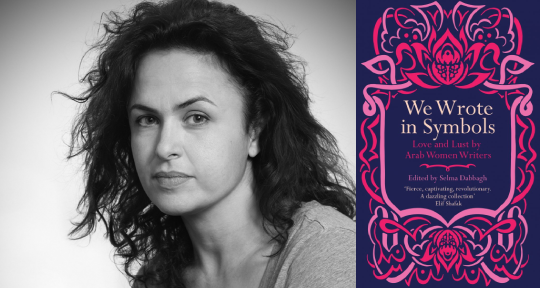
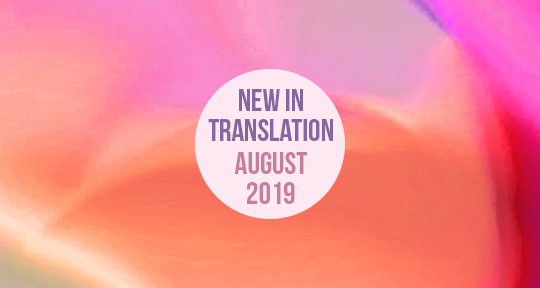

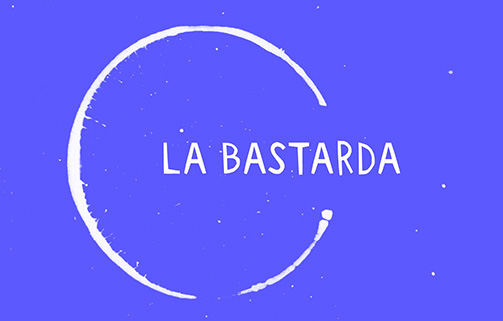
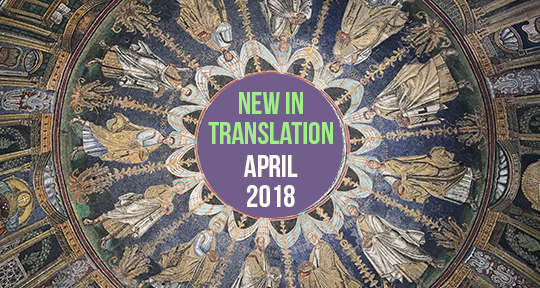
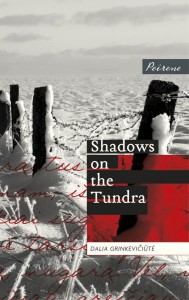
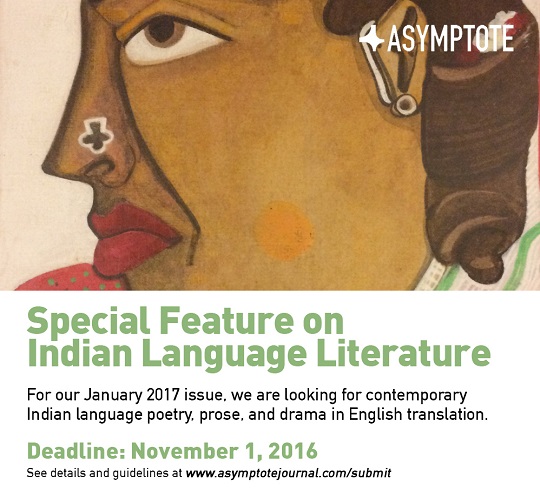
Radical Reading: Sara Salem Interviewed by MK Harb
I’ve increasingly thought more about what generous, kind, and vulnerable reading might look like instead.
At the height of the pandemic, I—like so many of us—looked for new sources of intrigue and intellectual pleasure. This manifested in finding Sara Salem’s research and reading practice, Radical Reading, which was a discovery of sheer joy; Salem views books and authors as companions, each with their own offerings of certain wisdom or radical thought. When she shares these authors, she carries a genuine enthusiasm that they might come with some revelation.
I interviewed Salem as she sat in her cozy apartment in London wrapping up a semester of teaching at the London School of Economics. We discussed our lockdown anxieties and our experiences with gloomy weather until we arrived at the perennial topic: the art of reading. The interview continued through a series of emails and transformed into a beautiful constellation of authors, novelists, and activists. In what follows, Salem walks us through the many acts of reading—from discussing Angela Davis in Egypt to radicalizing publications in her own work, in addition to recommending her own selections of radical literature from the Arab world.
MK Harb (MKH): Reading is political, pleasurable, and daring. Inevitably, reading is engaged in meaning-making. How did you arrive at Radical Reading as a practice?
Sara Salem (SS): Some of my most vivid childhood memories are of spending long afternoons at home reading novels, and when I think back to those novels, I find it striking that so many of them were English literature classics. I especially remember spending so much time reading about the English countryside—to the extent that today, when I am there, or passing it on a train, I get the uncanny feeling that it’s a place I know intimately. Later, when I read Edward Said’s writing on Jane Austen and English literature more broadly—its elision, erasure, and at times open support of empire—it struck me that we can often read in ways that are completely disconnected from the lives we live. This tension was what first opened up entire new areas of reading that completely changed my life, among which was the history of empire across Africa; at the time I was living in Zambia, where I grew up, and often visited Egypt. Critical history books were probably my first introduction to what you call the practice of radical reading, of unsettling everything you know and have been taught in ways that begin to build an entirely different world.
I like that you say reading is engaged in meaning-making, because it has always been the primary way in which I try to make sense of something. Even more recently, as I’ve struggled with anxiety, reading above all became my way of grappling with what I was experiencing: what was the history of anxiety, how have different people understood it, and how have people lived with it? I realise, of course, that not everything can be learned from a book, but so far, I’ve found that what reading does provide is a window into the lives of people who might be experiencing something you are, making you feel less alone.
MKH: How do you reconcile reading for pleasure versus reading for academic and political insights? Do they intersect? Being idle has its own spatial practice of radicality at times, and I’m curious on how you navigate those constellations.
SS: This question really made me think! In my own life, I have always made the distinction of fiction as pleasure and non-fiction as academic/work-related. So, if I need to relax, or want to take some time off, I will instinctively reach for fiction, and if I want to start a new project, I think of which academic texts would be helpful. However, this began to change about five or six years ago, when I began to think more carefully about how fiction speaks to academic writing and research, as well as how non-fiction—unrelated to my own work—can be a great source of pleasure and relaxation. This has meant that they have begun to intersect much more, and it has enriched both my academic work and my leisure time. READ MORE…
Contributor:- MK Harb
; Language: - Arabic
; Places: - Egypt
, - Zambia
; Writers: - Ahdaf Soueif
, - Arwa Salih
, - Huda Tayob
, - Mahmoud Darwish
, - Sonallah Ibrahim
, - Thandi Loewenson
, - Waguih Ghali
; Tags: - intersectional feminism
, - migration
, - Race
, - radicalism
, - Reading
, - sexuality
, - social commentary